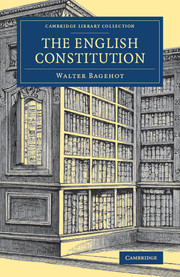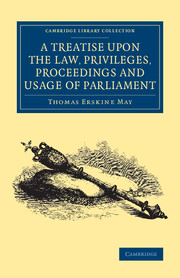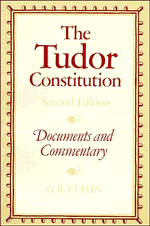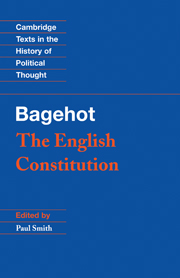The English Constitution
The son of a Somerset-based banker, Walter Bagehot (1826–77) studied classics and philosophy at University College London and later qualified as a barrister, but gave up the law to join the family business. Expansive in his intellectual appetites, he wrote across an array of subjects, including politics, finance, science and literature. From 1861 until his death, he edited The Economist. In this classic 1867 publication, comprising essays that had previously appeared in the Fortnightly Review, Bagehot sought to present the 'living reality' of how Britain was governed at that time. His analysis is remembered for its distinction between the 'dignified' and 'efficient' parts of the constitution, with the institution of the monarchy perceived as embodying the former quality and inspiring deference among the masses. Bagehot's assessments have been much studied and debated ever since. His book on the contemporary money market, Lombard Street (1873), is also reissued in this series.
Product details
July 2017Paperback
9781108078320
362 pages
217 × 140 × 23 mm
0.48kg
Available
Table of Contents
- Advertisement
- 1. The cabinet
- 2. The pre-requisites of cabinet government
- 3. The monarchy
- 4. The monarchy (cont.)
- 5. The House of Lords
- 6. The House of Commons
- 7. On changes of ministry
- 8. Its supposed checks and balances
- 9. Its history, and the effects of that history
- Appendix.







